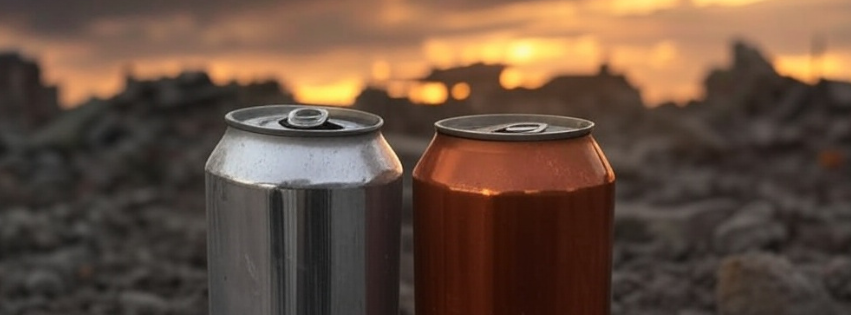
The Prebiotic Soda Wars: Which Brands Actually Help Your Gut?
BALA BITES: ARE PREBIOTIC SODAS HEALTHY?
Coca-Cola entered the prebiotic soda market in February, taking direct aim at Olipop’s newly claimed turf. Olipop’s rise has been nothing short of meteoric—$400M in sales and a $1.85B valuation in just a few years.
Consumer demand for digestive health drinks is exploding. Now, Coca-Cola wants in. But the real story isn’t about Coke's entry into the market—it’s about the category as a whole.
You can expect to see a ton more “healthy” sodas flood store shelves. Some will be good. Local brands with limited distribution. Plenty will be bad. Just sugar-laden soda drinks.
Here’s how to think about the category from a health perspective:
WHAT'S IN PREBIOTIC SODAS?
- Prebiotic fibers (inulin, chicory root fiber)
- Botanical extracts (marshmallow root, slippery elm)
- Probiotic strains (Bacillus coagulans)
- Lower sugar content (compared to traditional sodas)
- Polyphenols (from green tea, fruit extracts)
Because of these ingredients, prebiotic sodas are marketed as functional beverages that support gut health.
WHAT RESEARCH SUPPORTS
Gut Health Benefits – Bacillus coagulans can support digestion, while prebiotic fibers feed beneficial gut bacteria.
Digestive Support – Prebiotic fermentation produces short-chain fatty acids (SCFAs) like butyrate, which support the gut lining and regulate metabolism.
Potential Weight & Metabolism Benefits – Some probiotic strains may improve insulin sensitivity and support fat metabolism.
AREAS OF CONCERN
Probiotic Viability – Unlike fermented foods, sodas rely on shelf-stable probiotic strains, which may not offer the same benefits as Lactobacillus and Bifidobacterium.
Excess Fiber Intake – Some people, especially those with IBS or SIBO, may experience bloating or discomfort from high-FODMAP fibers.
Added Sweeteners – Many brands use stevia, monk fruit, or erythritol—better than sugar, but still something to watch for those with GI sensitivity.
THE BOTTOM LINE
No one should be getting their "gut health" from sodas. That said, prebiotic sodas can be a smart alternative to traditional soda. Just know they're not a miracle for gut health.
They offer a fun way to get fiber and probiotics, which you wouldn't get with traditional sodas. They don’t replace whole foods like fermented vegetables, yogurt, or kefir, so the comparison should always be against sodas, not fermented foods.
There's some piece-meal research "backing" prebiotic sodas but it is far less robust than traditional fermented foods.
The best strategy for this exciting category of drink? Read the labels, watch for marketing hype and make sure you're using the right comp (traditional sodas vs fermented foods).
KEY TAKEAWAYS
- As more prebiotic sodas enter the market, it’s harder than ever to know which ones actually benefit your gut health.
- Functional beverages like fiber-infused drinks promise digestive support, but not all are created equal.
- To find the best soda for gut health, look beyond the label and examine the fiber type and CFU count.
- The rise of gut health drinks reflects a growing shift in how we view soda—not just as refreshment, but as functional fuel.
- They're no substitute for real foods like fermented vegetables, yogurt, or kefir so the best comparison is against sodas
FURTHER READING
Trying to solve digestive issues? Start with what's going on with your gut microbiome.
Personalized nutrition is revolutionizing health. Learn how it can help maximize your health.
Intrigued by personalized nutrition? Begin with the Symptom Solver Quiz